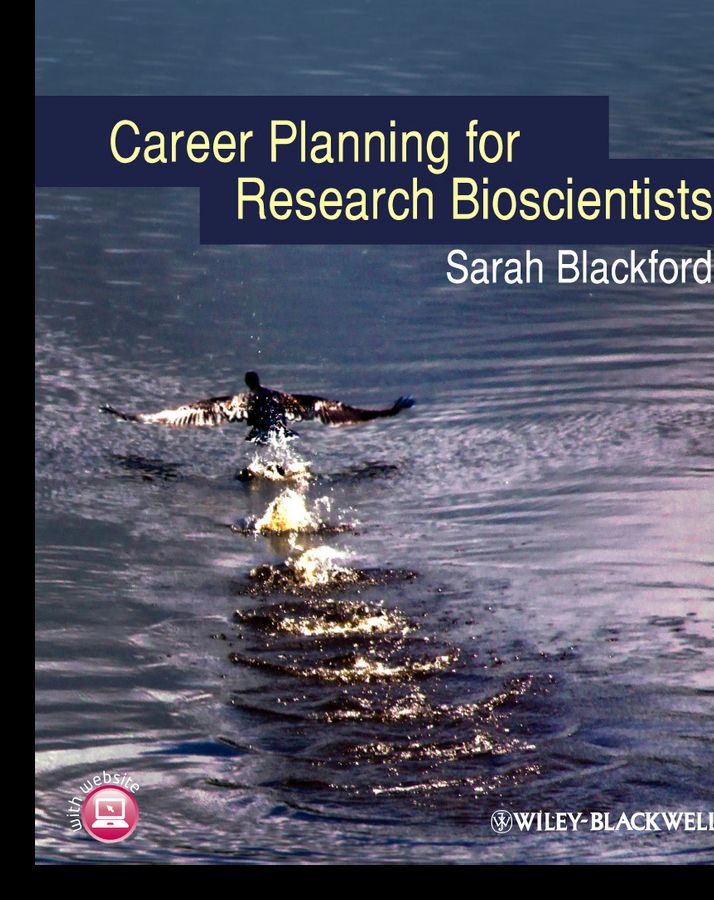
Physiology News Magazine
Book review: Career Planning for Research Bioscientists By Sarah Blackford
Membership
Book review: Career Planning for Research Bioscientists By Sarah Blackford
Membership
Lewis Dean
Physiological Society Outreach Officer
https://doi.org/10.36866/pn.89.44

Everybody knows it: There aren’t enough post-doc jobs for the number of people graduating with a PhD and the chances of getting a lectureship are even smaller. It has never been more important to think about your future, explore the options and make plans. This book is written by Sarah Blackford, who has experience in research and as a careers advisor; she is currently head of policy and education for another learned society and her depth of experience in the field is obvious.
The book is set out like a textbook – it can be dipped into for advice, with chapters logically guiding the reader through the process. Starting with career planning and self-awareness, the book then moves through assessing the job market and positioning yourself appropriately, to making applications and interviewing for jobs.
Self-awareness − thinking about your skills, interests and knowledge − is vital when you are making applications. Unfortunately, far too many undergraduates, postgrads, and even those with more experience, simply fire off applications almost at random, without thinking about whether they are suitable for, or interested in, the role or are selling themselves in the best way. Blackford guides the reader through some simple ways of assessing your attributes and desires, honestly and sensibly, and identifying your weaknesses. Through this process, we can hone our ideas, work on our weaknesses and make sure we emphasise those skills that potential employers are seeking.
The real strength of this book is to be found towards the end. It is here that Blackford’s depth of knowledge becomes apparent. The final chapter, focused on decision making and action planning for early-career researchers, combines her knowledge of career planning with experience in the field. Unlike some guides, which attempt to give advice to people in a wide range of different sectors or age groups, this is written specifically for early-career bioscientists. The realities of life for early-career researchers are addressed and this forms the basis on which decision making and implementation is discussed. Following this discussion, the first appendix of the book features 20 career profiles, gathered from across a variety of industries. The individuals, all of whom have carried out a bioscience PhD, discuss what they do and how they got there, and their comments are neatly rounded-off by a brief analytical commentary from Blackford.
Of course, a book is never going to tell you what you want to do with your life, or answer questions at an interview for you, but these are tough times to be an early-career researcher. This book can help you to start thinking seriously about your current and future career plans, giving useful insight into where you should look for ideas and motivation.
There may be many of us for whom a book on career planning would not be on the top of our wishlist. However, I would argue that, in the long-term, it will be much better value than that edited volume, which all too often ends up sitting on the office bookshelf gathering dust.
